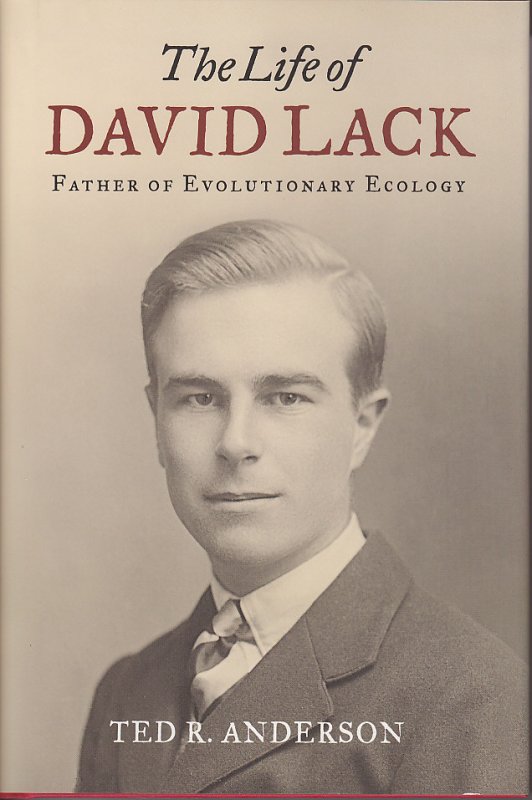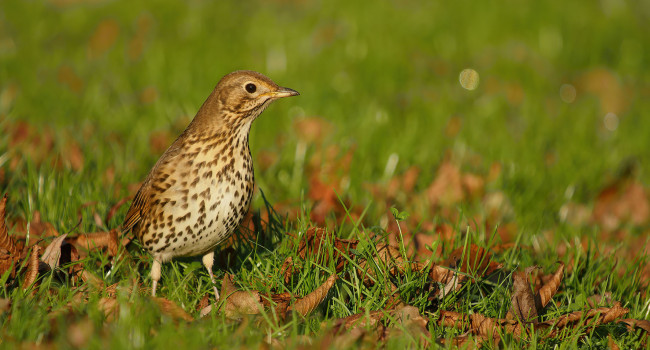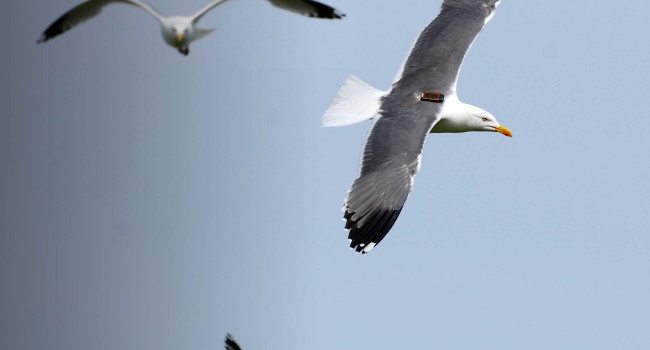
Publisher: Oxford University Press, New York
Publication Year: 2013
Binding: 2
Page Count: 256
ISBN Number: ISBN 978-0-19992-264-2
Price: £37.50
The Life of David Lack: Father of Evolutionary Ecology
Ted Anderson, an American biology professor, has written an excellent and fascinating account of the life and work of perhaps the most influential ornithologist and evolutionist of the 20th century. Although he never had the good fortune to get to know David Lack at the Edward Grey Institute personally, as I had that privilege as the BTO's Assistant Secretary at Oxford in the 1950s, he has taken much trouble to consult members of his family, friends, colleagues, former DPhil students and others who did know him. The result is an extremely interesting book which should appeal to all members of the BTO.
Anderson has skilfully woven the story of Lack's work and, sadly, relatively short life into 13 chapters entitled with the names of his published books in chronological order. In this way we are taken through his early life, schooldays at Greshams in Norfolk, university days at Cambridge, as a science mentor at another progressive school, Dartington Hall in Devon where he made his famous study of robins, and his World War 2 Service (although a pacifist) to his appointment in 1945 as the Director of the Edward Grey Institute at Oxford. As Director of the Institute for 28 years, Lack developed evolutionary ecology from its early beginnings to the important discipline it is today, achieving worldwide renown in doing so.
Anderson has succeeded in sympathetically revealing the personality and intellectual development of this exceptionally gifted yet modest scientist, whose original ideas and work have inspired all those who have followed in his footsteps. He has also painted a word picture of a devoted and cultivated family man who, having thought deeply about the conflicts between religious beliefs and evolution and published an outstanding and thought-provoking book on the subject, converted from agnosticism to Christianity at the age of 38.
Book reviewed by John F Burton





Share this page